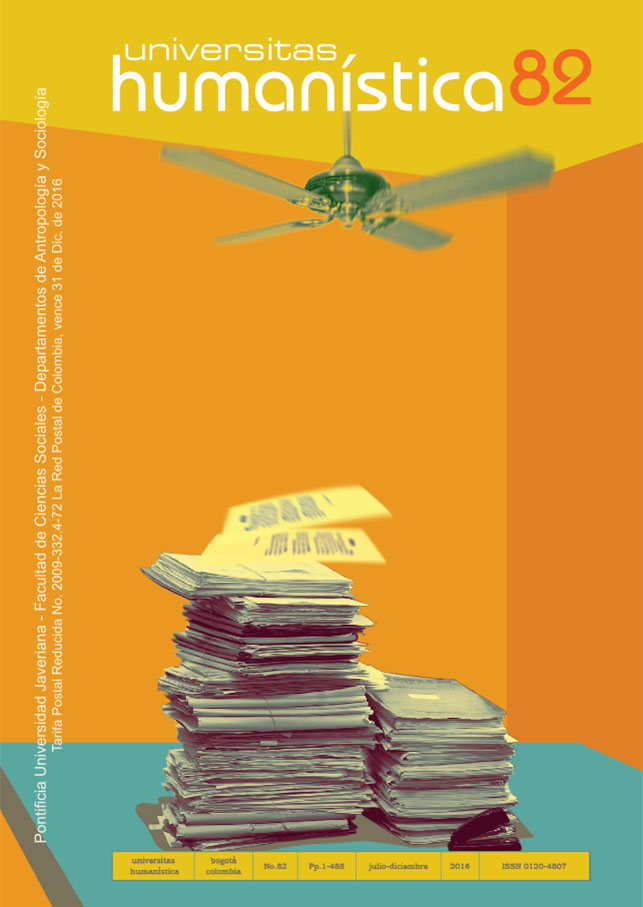Abstract
This work aims to be a contribution to the analysis of the employment transit of immigrating women in Buenos Aires, between care jobs, particularly from domestic work to nursing. Although there has been an important development of works delving into the relationship between nursing and immigration, most of them analyze the immigration of nurses in the context of globalization and their impact on health services of the origin and destination countries. This article is set in a different interpretive space as it analyzes the choice of nursing as a career by immigrant population already residing in Argentina. For this purpose we describe the historical specifics of immigration to Argentina and the role women had in them; also, we present some conceptual elements on the chosen notion of care. Finally, we present the first results of the research based on the analysis of the meaning of nursing as a care employment in Argentina, the rebuilding of its meaning as an employment valued from the perspective of immigrant women, and the durability of some stigmata which discredit the presence of immigrating women nurses.

This journal provides immediate open access to its content on the principle that making research freely available to the public, encourages greater global exchange of knowledge.
The journal Universitas Humanística is registered under a Creative Commons Attribution 4.0 International Public License. Thus, this work may be reproduced, distributed, and publicly shared in digital format, as long as the names of the authors and Pontificia Universidad Javeriana are acknowledged. Others are allowed to quote, adapt, transform, auto-archive, republish, and create based on this material, for any purpose (even commercial ones), provided the authorship is duly acknowledged, a link to the original work is provided, and it is specified if changes have been made. Pontificia Universidad Javeriana does not hold the rights of published works and the authors are solely responsible for the contents of their works; they keep the moral, intellectual, privacy, and publicity rights.
Approving the intervention of the work (review, copy-editing, translation, layout) and the following outreach, are granted through an use license and not through an assignment of rights. This means the journal and Pontificia Universidad Javeriana cannot be held responsible for any ethical malpractice by the authors. As a consequence of the protection granted by the use license, the journal is not required to publish recantations or modify information already published, unless the errata stems from the editorial management process. Publishing contents in this journal does not generate royalties for contributors.


